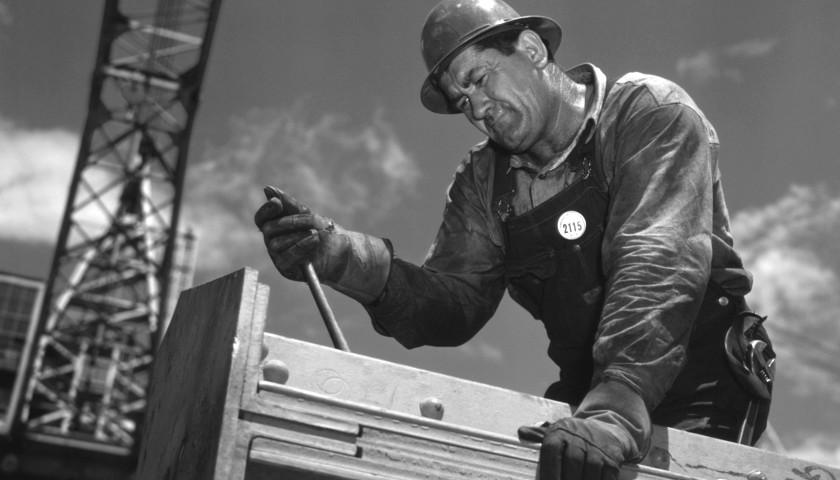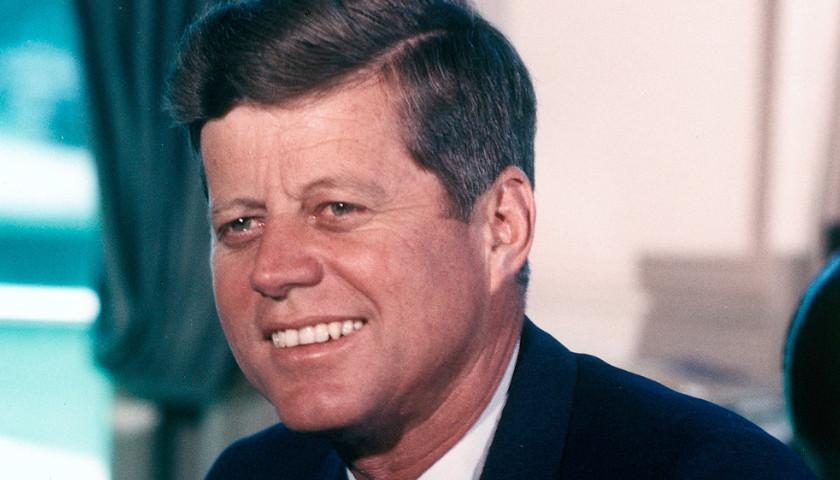Labor Day is a day we set aside for American workers. It also marks the unofficial end to our Summer. Labor Day has many meanings, but one meaning is that we must recognize the incredible effort and work it took to build this great country. It is worth recalling our own history and leadership of President Calvin Coolidge. A man renown for his silence and wit.
Coolidge acknowledged the importance of workers and Labor Day when he stated that “this high tribute is paid in recognition of the worth and dignity of the men and women who toil.” Coolidge actually valued American labor and the spirit of work and his policies led to job creation and economic expansion in America. Coolidge added:
“I cannot think of anything that represents the American people as a whole so adequately as honest work. We perform different tasks, but the spirit is the same. We are proud of work and ashamed of idleness. With us there is no task which is menial, no service which is degrading. All work is ennobling and all workers are ennobled.”
It seems in this age we may have lost that respect for the worker. Some of that may be connected to public sector unionism. Coolidge won national recognition for his handling of the Boston Police Strike, when he intervened and famously stated that “there is no right to strike against the public safety by anybody, anywhere, anytime.” Many union leaders, not necessarily the union members themselves, continue to embrace political activism over members themselves. These unions support candidates and causes opposed by many of the workers that union bosses claim to speak for. It is why union membership is in decline across the nation.
Does the end justify the means? Perhaps the best answer to that question is from the controversial and radical psychoanalyst Wilhelm Reich who wrote: “The meanness and inhumanity of the means make you mean and inhuman and make the end unattainable.” When the means justify the ends, ethical consideration focuses on what you do, not the consequences of what you have done. Results-based ethics means that no type of act is morally wrong. This is a harmful position, for an individual, a business or a nation. As a nation, we understand that there are consequences for our actions. We have an individual responsibility to work to the best of our abilities and we must expect fair wages.
Martin Luther King, Jr., also insisted not just on the ends, but the means. Mahatma Gandhi, like King, understood that for the rational people to survive in revolutionary times that his focus must remain on the means, just as much extremists do by their “do anything” philosophy. Machiavelli who is credited with phrase: “The end justifies the means,” actually wrote, “Si guarda al fine.” This phrase may be better translated as “Pay attention to the result.” As President, Calvin Coolidge created a period of economic expansion and prosperity through his administration’s economic policies, that was a result of focusing on both the ends and the means. It was a period of individual prosperity and economic growth.
Robert Ferrell, in his book The Presidency of Calvin Coolidge, states the results of Coolidge’s philosophy: “Real wages for industrial workers were 8 percent above the base year (1914= 100) in 1921, 13 percent above in 1922, and 19 percent above in 1923. For the next two years, the figure remained at this level and then increased, reaching 32 percent in 1928. The workweek declined from 47.4 hours in 1920 to 44.2 in 1929. This meant a five-and-a-half-day week…All the while unemployment was a low 3.7 percent between 1923 and 1929. This compared with 6.1 between 1911 and 1917, a fairly prosperous time for workers.” Certainly, there is a correlation between a prosperous economy, increasing wages and worker happiness. This is a lesson we should bear in mind.
Coolidge recognized that a thriving economy and higher wages built the middle class. It also depended on following common sense on fiscal matters. Garland S. Tucker wrote that he never lost sight of his belief in a strong work ethic and the spirit of America, as Coolidge declared:
“We do not need to import any foreign economic ideas or any foreign government. We had better stick to the American brand of government, the American brand of equality, and the American brand of wages. America had better stay American.”
This Labor Day we must reminded ourselves of the unique heritage of our nation and the effort so many people who came before us put forth so that we their heirs could enjoy the fruits of our own labors. In a presidential speech, President Coolidge reasoned that he could not “think of any American man or woman preeminent in the history of the nation who did not reach their place through toil.” I am not so sure Calvin Coolidge was as silent as he is portrayed in our history books. It is a good lesson for all generations.
– – –
JC Bowman is the Executive Director of Professional Educators of Tennessee, a non-partisan teacher association headquartered in Nashville, Tennessee. Permission to reprint in whole or in part is hereby granted, provided that the author and the association are properly cited. For more information on this subject or any education issue please contact Professional Educators of Tennessee.





